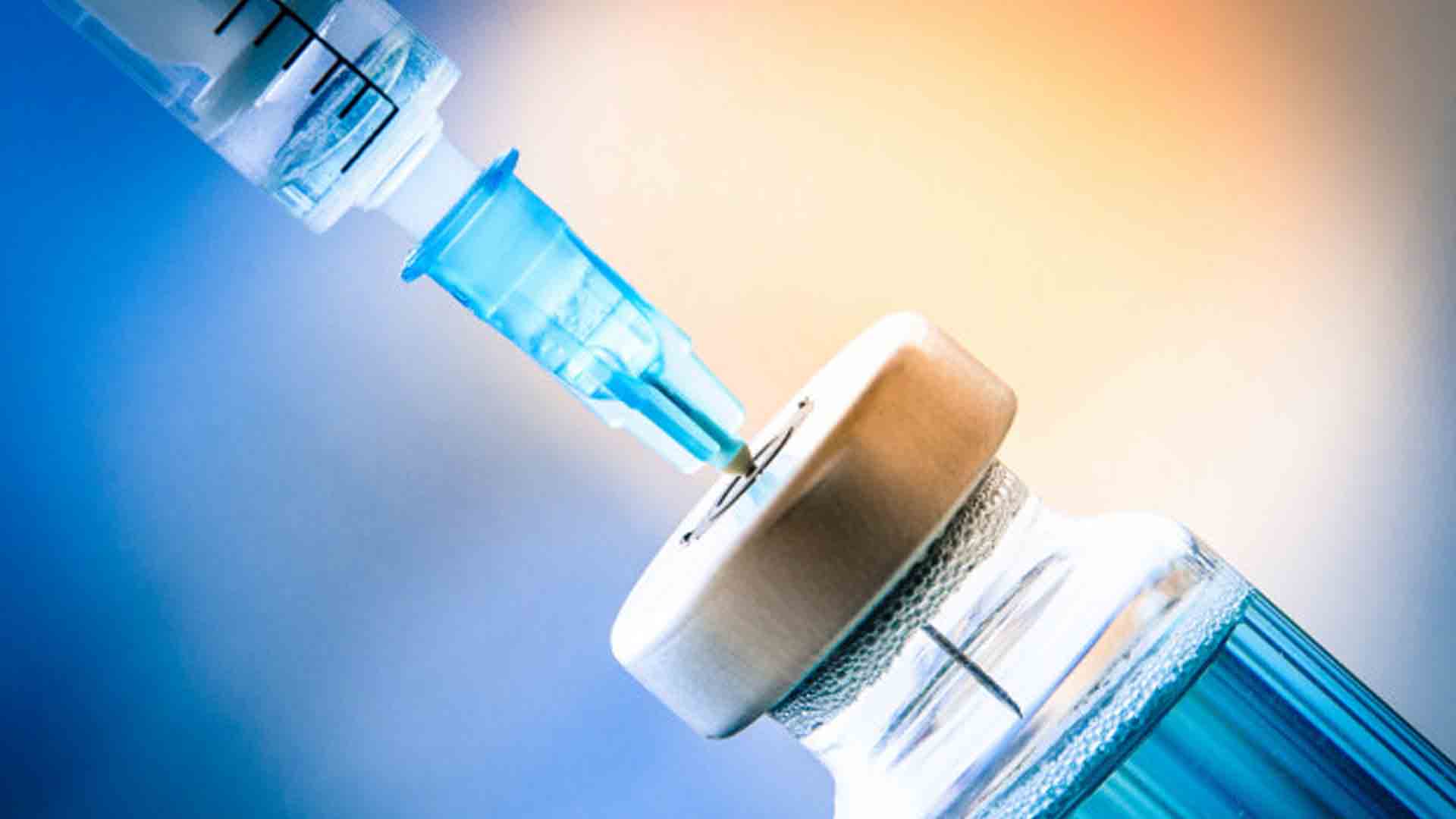The Pacific Economic Cooperation Council (PECC) today emphasized the need for greater regional cooperation to identify chokepoints in the distribution of Covid-19 vaccines.
Analysis in PECC’s latest State of the Region report, released this week, has found that the distribution of the various vaccines once they are approved is going to require not only enormous transportation resources but vast policy coordination. For instance, many vaccines being trialed require different storage protocols, one of the most important being storage at temperatures ranging between minus 18°C to minus 80°C. Moving the “last mile” can be difficult, in places where infrastructure is lacking and it is the hardest to meet requirements for special equipment and training.
The World Health Organization estimates that up to 50 percent of vaccines are wasted globally every year; a large part because of lack of temperature control and the logistics to support an unbroken cold-chain. According to a report by McKinsey, it is estimated that supply chains account for nearly 25 percent of pharmaceutical costs and more than 40 percent of medical-device costs.
Eduardo Pedrosa, Secretary General, PECC, said: “Nobody wants this pandemic to last any longer, resolving these issues, minimizing the spoilage will be critical.”
Ambassador Don Campbell, Co-chair, PECC, said: “The speed at which vaccines are being developed is nothing short of amazing, but there are several hurdles: the first is vaccine nationalism – there needs to be cooperation and common sense to make sure that we are globally addressing this pandemic together. No-one is safe until we are all safe, that has to be recognised as a fact. Second, as we highlight in our report, there are serious logistics challenges that need to be overcome in the distribution of the vaccine around the world”
Professor Christopher Findlay, Vice Chair, Australia PECC, said: “While a vaccine provides a long-term solution, this will still take time. Experience in parts of the Asia-Pacific show that a lot can be learnt on how to get life back to normal in the meantime. The report cites analysis by the World Bank which shows differing performances battling the pandemic, more stringent lockdown policy has immediate effects in containing the virus while a “smart-containment” policy such as open testing is observed with a lag. Of equal importance but perhaps less well understood is an integrated policy approach: containment; testing; economic support for lost pay; and information campaigns.”
While there are natural hopes that vaccines can be deployed quickly, PECC’s report show the ending of the lockdown was not seen as contingent on that one variable; indeed what was considered as most important was the medical capacity to deal with cases. A vaccine came third in the list, indicating a common view it cannot be available very rapidly.
Ambassador Su Ge, Co-chair, PECC, said: “What we need to do is enhance our cooperation. Some of our economies have more experience in dealing with pandemics and have the machinery, personnel, and knowledge for dealing with them. We are now beginning to recover but as a global community we need to work together for a global solution,”
“The pandemic has only highlighted even more the need for policymakers, scientists, doctors, and businesses – to work together cooperatively to solve issues of mutual concern. Even now as vaccines are on the verge of entering the market, issues of distribution and logistics need to be addressed. Connectivity is something that APEC has been trying to address for some time, so it’s time to ramp up that work and make it relevant in the distribution of vaccines,” Ambassador Su Ge added.






